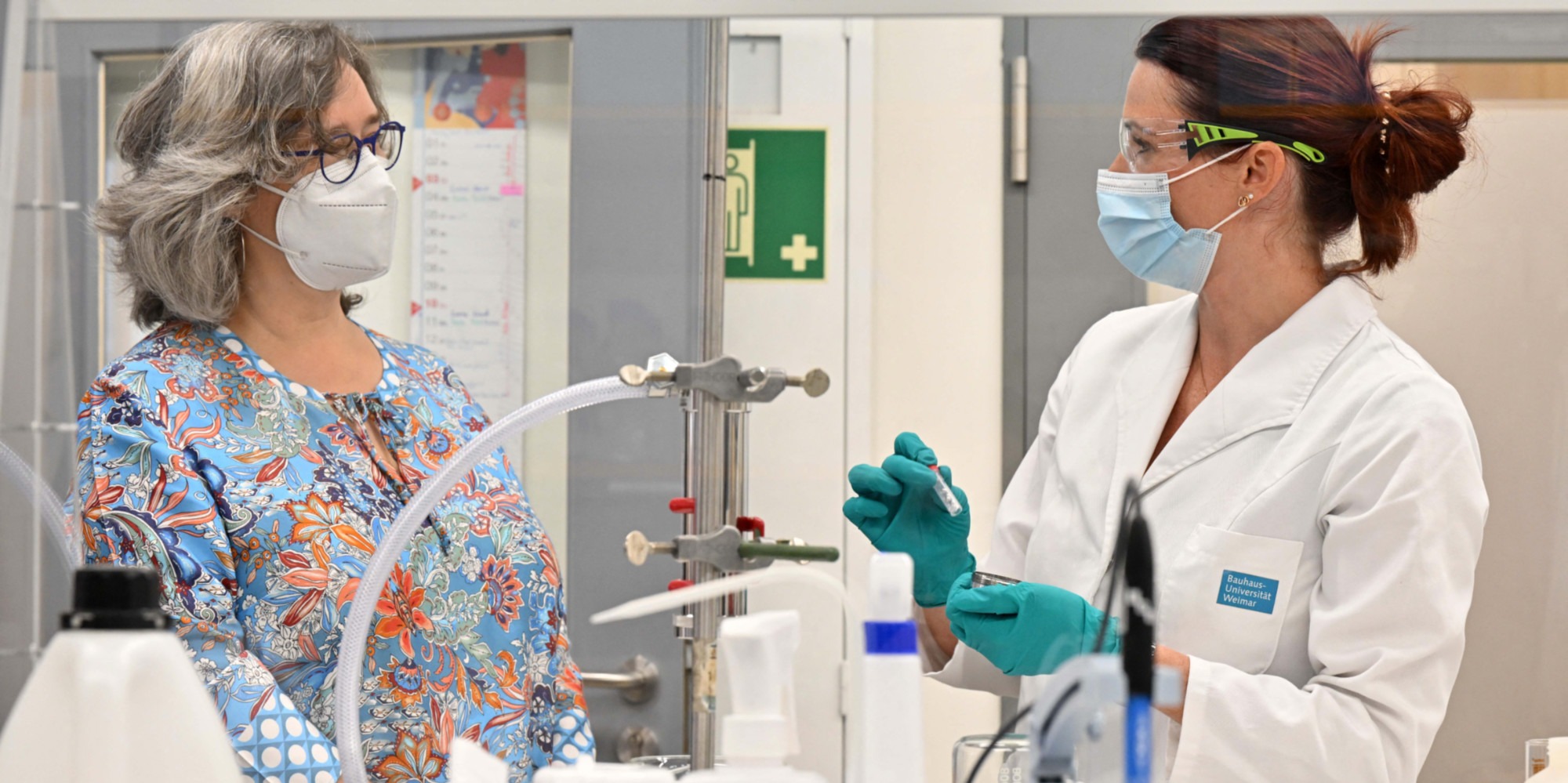Yasmina Kattou, edited by Corentin Alloune / Photo credit
Research in childhood neurodevelopment is progressing. Work has been published in Science Translational Medicine where a research team from Inserm Nantes University and Nantes University Hospital studied the genome of children with neurodevelopmental disorders.
Faced with childhood neurodevelopmental disorders, how to get out of the therapeutic impasse? The answer may well lie in certain genes present in the cells. This work has been published in Science Translational Medicine.
A research team from Inserm Nantes University and the Nantes University Hospital (in collaboration with international teams) studied the genome of 23 children with neurodevelopmental disorders. All have one thing in common: several mutations of a gene.
“It’s a recycling problem”
Around fifteen mutations have been identified in one of the proteasome genes. The proteasome is a complex of proteins, present in human cells with a role of garbage collector. It allows to evacuate the toxic or defective proteins in the cells. In children with neurodevelopmental disorders, this necessary breakdown of proteins does not occur.
“It is a problem of recycling. It is that these damaged proteins, instead of being eliminated, will continue to have an activity which can be harmful for the cell. And, in any case, this inability to recycle could have consequences in terms of redevelopment”, explains Professor Stéphane Bézieau, head of the study and head of the genetics department at the Nantes University Hospital.
The researcher and his teams must now better understand the conclusions of these mutated genes. Scientists hope to one day develop a treatment that would prevent the aggravation of neurodevelopmental disorders such as autism or obsessive-compulsive disorder (OCD).
